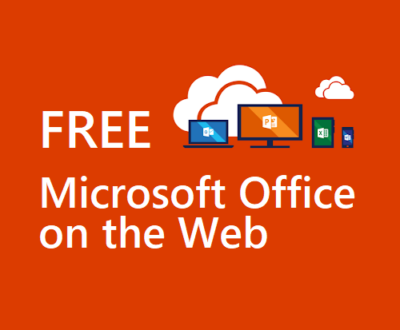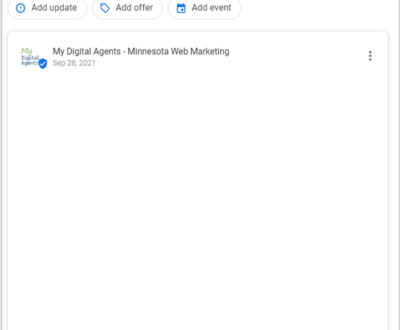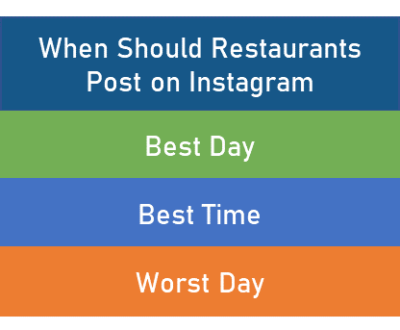Why Your Local Business Listings Need to Be Accurate
- November 13, 2020
- Business Listings, Local Business, Reputation Management, Search

As a business, how likely is it that potential customers will wander through your door?
The whole point of an online presence is to engage with customers and entice them to make an appointment or reservation or come to your store or office. Then you can convert them to paying customers rather than just online browsers.
Further, nothing is more frustrating as a customer than finding out that you have been given the wrong information about the location of a business. Neustar Localeze found that 30% of local search users frequently find that the business information provided is not correct or inaccurate. How likely are you to give this company your business as a customer? Not very. In fact, according to Resonate/Ignite, 73% would lose faith in a brand if it presented incorrect store details online. Approximately two-thirds of consumers said they would similarly grow distrustful of a brand if they got lost on the way to a store because they posted the wrong address on its local page.
1. Missing hours of operation information can be a deal-breaker
There are many things that people look for in business listings, but hours of operation are number one.
In a study conducted by local data aggregator Neustar Localeze, hours of operation were noted as the most helpful feature in selecting a business during a local search. 76% of respondents reported that they expect this information when searching, and 61% believe that it is a feature that helps them to select a business.
Even if people are new to a business, it doesn’t give people a good impression if the business hours are not listed, and they don’t know that it’s only open from 11 am-6 pm, Tuesday-Saturday. Imagine that potential customer who is ready to spend their money in-store but shows up on Monday at 7 pm only to find it closed. That customer will likely do another search on a mobile phone to find a competitor’s store and spend their money there.
2. You can’t spell NAP data (and score a citation) without an A(address)
While most people would assume that the number one reason people search online is for the address or location of a business, the address is actually behind hours of operation as the second most desired information. But, of course, the whole point of being in business is to make money doing what you love or selling what you love. And that happens by attracting foot traffic and growing the customer base.
If a business address is incorrect on listing sites such as Google or Bing, then customers will not be crossing your threshold. A simple thing such as the wrong number on a street address, or even the wrong town, can mean that a customer cannot find you. The US Postal Service relies on a complex system of checks to verify and standardize addresses, and many the search engines will default to the USPS for correct mailing addresses. Use this USPS online tool to find the preferred address abbreviations and format.
For the average new business owner, unless the business is in an established location, getting the correct address on their listing means that both the address from City Hall and the information on USPS must be consistent. If USPS doesn’t recognize that address, then a business owner must contact them to verify their new address and get that information updated on USPS’s online database.
3. Local searchers are mobile creatures
According to Neustar Localeze, mobile-phone-based searches drive in-store purchases, with more than 75% of searches ending in a purchase—if a business has its listing details correct. If half of the people searching for a business listing on a local search engine, such as Google Maps, can’t find the store’s business listing details, then the business will lose 100% of this potential business.
Make it easy for potential customers to find those details with a mobile-friendly, responsive website that supports smartphone and tablet-specific versions.
4. Updated, accurate websites still serve as a first impression
At the same time, more than 60% of searches on desktop platforms such as website portals, Internet Yellow Page directories, and local sites have an equal chance of ending in a purchase. While mobile searches are becoming more of a standard in customer searches, a business owner should not discount the power of a fulsome, consistent, and accurate listing reflective of the business website.
Any listing should be linked to the business’s website and feature the same business information. While a website should be enough to convert a customer into a visitor or buyer, if business information is inconsistent, trust issues may arise in a business’s practices before a customer ever crosses their threshold.
5. Local searchers mix it up across multiple devices, situations, and times
People who search for listings are doing it in many more ways than when the Internet first coalesced into existence about two decades ago. In that time, we worked on desktops to laptops to PDAs to Blackberries to Apples to tablets—and in each iteration, the search methods have changed.
However, that has slowed over the last five years as web developers realize that they need to be more innovative. Rather than designing three different sites for three different platforms, they have created scalable websites for the search device. And that has been helped along by the proliferation of types of devices in use every day.
According to Pew Research Center, in February 2019, smartphone ownership in America was at 81%, with tablet ownership at 52% and desktop/laptop computer ownership at 74%. A growing share of Americans now use smartphones as their primary means of online access. In 2019, 17% of adults were “smartphone-only” internet users – meaning they own a smartphone but do not use broadband at home. This ranges from 22% of adults 18 to 29 to 12% of adults over 65.
Statista says that almost half of American adults use their smartphones to search for local information online. The other half is split between computers (40%) and tablets (11%). According to Neustar Localeze, what we are searching for varies by time of day and device. Adults frequently search for Entertainment topics during work hours on computers, restaurants in the evening using smartphones, and for health/fitness in the evening using tablets.
The most important part of those mobile searches is accuracy. Suppose someone cannot find your business in a local search or find inaccurate results while out and about, then your company has lost the chance for that browser to become a customer. So having those listings correct in all device formats is a must as we, and our technology, continue to evolve in the way we interact with local businesses.
6. Local search results are trusted sources of information
Last but certainly not least is that local search results are considered the most trustworthy. A Neustar study determined that these searches, such as “used games Eden Prairie,” are what people do the most since they trust local businesses more than big box, big website stores.
Think about it, would you rather find a local store where you can get that in-demand dress in town right now? Or you can wait a week for delivery, which is four days after the event you wanted it for! Local searches lend themselves to instant gratification. That interaction between browser and salesperson will convert that browser from someone who might get just the minimum to a loyal customer who feels like a million having spent a little more but getting what they consider gold!
Those interactions lead people to local searches and the absolute necessity of getting your listings correct. Trust leads to loyalty, which leads to more business, which leads to happy customers and business owners.
And it all starts with that correct listing in that customer’s local search.
- November 13, 2020
- David Vinge
- Business Listings, Local Business, Reputation Management, Search
My Digital Agents
We provide do-it-yourself digital marketing apps for small local businesses to optimize their online presence for attracting new customers.
Not sure what you need to succeed online?
Request a FREE Snapshot analysis of your current digital marketing which highlights what needs your team's attention.
Recent Posts
- How to Use Microsoft Office for Free on the Web February 3, 2023
- How do Customers Feel About Payment Apps asking for Specific Tips April 19, 2022
- Why do Posts Disappear From Your Google Business Profile? October 29, 2021









